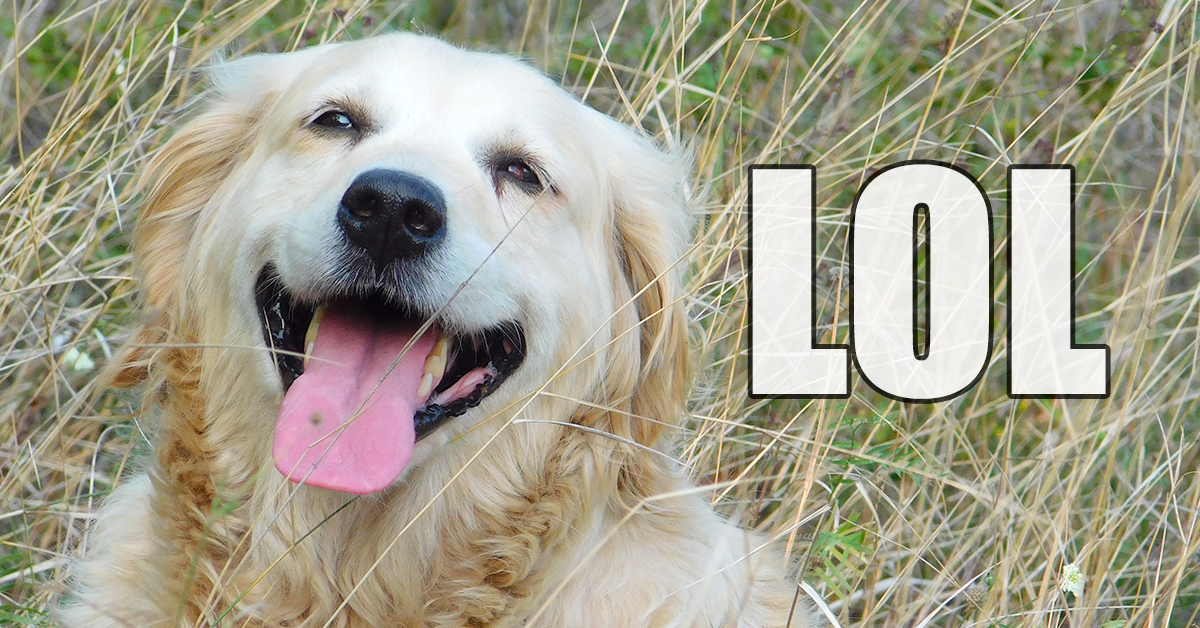
Photo by Natasa Mirkovic on Unsplash
Since emojis started flooding our Internet devices, we’ve adopted new ways of communicating. Whether we’re texting someone, sending an email, or leaving a comment on a site, we somehow can’t escape these giggly yellow faces that say so much with so little. However, there’s an even more popular form of expressing enjoyment online than emojis.
Research done by Facebook – based on a piece by Sarah Larson from The New Yorker – reveals that ‘haha’ is by far the most widely used form of expressing laughter online, followed by emojis (particularly those with tears of joy), ‘hehe,’ and finally ‘lol.’ Here are some numbers extracted by Moira Burke and the Core Data Science team:
The breakdown
- To assess how people laugh online, Facebook used data from its massive social network. It looked at de-identified posts and comments on Facebook in the last week of May with at least one string of characters matching laughter and found the following:
- 15% of people included laughter in a post or comment that week
- 52% of people used a single type of laugh
- roughly 20% used two different types of chortle
- haha-ers made up 51.4%, followed by the emoji lovers with a 33.7% head count, while the hehe-ers represented 12.7% of the dataset
- ‘lol’ is nearly obsolete, with just 1.9% people still using it
- lol almost always stands by itself, but lolz and loll were occasionally found as well
- ‘hehe’ is not necessarily a youthful type of cackle, being used across all age groups, from 13 to 70
- the most common laughs are haha, hahaha, hahahaha, and finally hehe
- the six letter hahaha is also very popular
- hahaers use longer laughter and are slightly more open than the hehe-ers to using odd number of letters
- 50% of the time, a single emoji is used to express laughter
- gender-wise, women use emojis and lol more than men do, while males are slightly more prone to using ‘hehe’
- Chicago and New York prefer emoji, while Seattle and San Francisco prefer hahas
Blame emojis
A couple of reports emerged today saying that, based on the data extracted by Facebook, it would appear that haha is responsible for lol’s lack of popularity as of late. In fact, it’s probably the advent of emojis that marked the demise of the three-letter acronym expressing uncontrollable laughter. Think about it this way, now that emojis express laughter far better than lol, the traditional ‘haha’ is basically just reclaiming its rightful place as a form of written laughter. After all, haha has been around since before electricity.
There are studies that indicate that using these cheerful pictograms in writing actually makes us less emotional. Others say the new language of the Internet is improving our communication. But the fact of the matter remains that emoji’s are everywhere today, and lol simply can’t keep up the pace.
Post A Reply